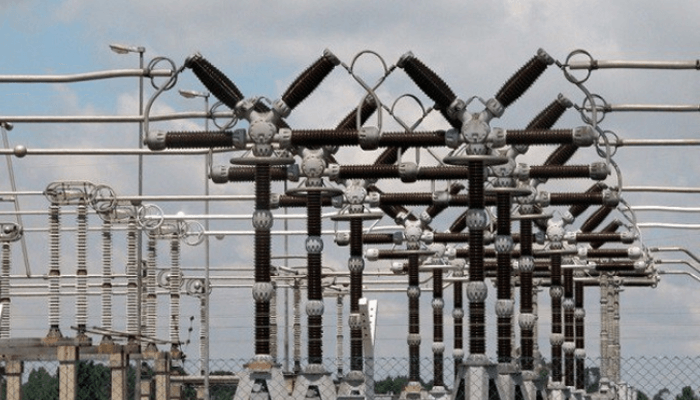Capacity gaps threaten states’ control of electricity market
As provided in the Electricity Act 2023, which was signed by President Bola Ahmed Tinubu in February 2024, state governments and individuals have been empowered to participate in electricity generation, transmission, and distribution.
The Act mandates any state that intends to establish and regulate intrastate electricity markets to deliver a formal notification of its processes and requests to the Nigerian Electricity Regulatory Commission (NERC).
In compliance with the Act, the NERC has transferred regulatory oversight of the electricity market to Lagos, Enugu, Ondo, Ekiti, Kogi, Oyo, Imo, Edo, Niger and Ogun State, but only four states have been so far cleared to take over the electricity market.
Speaking on the expected impact of the transfer of regulatory oversight on power generation, transmission and distribution, Muda Yusuf, chief executive officer, Centre for the Promotion of Private Enterprise, noted the transition challenges of the states taking up regulatory responsibilities for electricity market, stating that not many states have the capacity to manage this transition.
He explained that with the decentralised market, the electricity pricing conundrum would remain a tricky issue in 2025. “The economy is too fragile to absorb the shocks of a fully deregulated or commercial electricity market. The quality of the transmission infrastructures and the consequent frequent collapse of the transmission grid require significant investment which the governments would have to struggle to provide.
“The outlook for the sector remains a major cause for worry in 2025. Not many states have the capacity to manage this transition, this is therefore a major source of risk for the electricity sector in 2025,” he said
Lanre Elatuyi, a power sector analyst, said that as many states get the go-ahead to regulate the electricity market, Nigerians may see higher tariffs.
For him, it may be too early to expect the gains of this reform in terms of improved supply of electricity, noting that it will take time for states to optimally develop their power systems and electricity markets.
He said, “The regulators in the states with their regulatory autonomy will henceforth determine customers’ end-user tariffs in their respective states with no subsidies coming from the Federal government.



